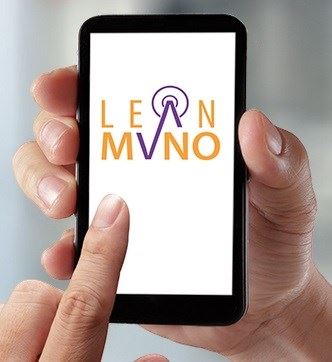There has been a great deal of activity around the development and promotion of Mobile Apps. They have created an industry with companies demanding multi-million/billion valuations and turning teenagers into Millionaires overnight. So how can I make such a prediction? Current evidence is not on my side; a wave of tech pundits and gurus are consistently pushing the value of apps and the app stores are brimming with options.Obviously I must be mistaken.
History Lesson
Well let’s peel away the layers and apply some historical lessons learned.Our coveted smart and super phones are essentially a hand held personal computing device with an amazing amount of functionality, this I will not argue.However, what needs consideration is the fundamental truth about mobile apps.They are a software product.From a user perspective, apps require utility, discovery, acceptance, install and more importantly use (Feel free to query use statistics). From a software perspective they need constant updating, alignment with a growing number of Mobile Operating Systems and an ever changing and growing number of hardware configurations, remember Windows and it’s overloaded stack of device drivers – I know, it’s not completely the same, but close enough to point out the similarities and inherent issues.The fact is; the overall model closely mirrors the one adopted by early software companies who endeavored to add utility to those home computers.
One interesting difference is the distribution of Mobile Apps. Historically, software developers for PCs had a direct relationship with the user/purchaser. The mobile app ecosystem reminds me of the Walmart scenario where the manufacturers of consumer products lost the direct relationship with the buyer fundamentally shifting the power from the manufacturer to the retailer (maybe why so many jobs made their way overseas). Does this accurately describe the app stores out there? The Mobile App ecosystem seems to have developed into something similar; the Mobile OS and device providers have strategically placed themselves between the developers and the users.Very smart; do you agree?
Each day we download apps to our mobile devices with outcomes similar to what we experienced with our PCs and laptops, slower speeds limiting the user experience.This reminds me of the relationship between Microsoft and hardware manufacturers.The devils pact; build a bigger more resource hungry operating system with associated software that requires a more robust and powerful computing device.This delivered a consistently measurable sales cycle with the biggest tech companies in the world benefiting immensely. But wait, Ah yes, the Peasants revolted! Give Mr. Balmer a call and ask.
All Hail the Cloud!
That changed everything for the PC and will do the same for Mobile. Remember how great the cloud was when you first discovered it. No longer did you have to download resource-crushing software with heavy licensing fees, IRS like audits and constant updates, set restore points and back everything up to disk, remember how annoying that was, the pre-Dropbox era? And wow, no more huge investments to upgrade hardware that for the most part was to facilitate the latest Microsoft Operating System that got bigger and more demanding. Oh the insanity!
What was the fundamental driver of this change? What made the cloud a viable option? That’s right, we went from dial-up internet to high speed to Fiber to the Household (FTTH) and the cost went down, well that may be arguable but the speed got faster. This is why the relevancy of the app ecosystem is at risk. Each year wireless connections get faster and will change how we access the services that make our lives better. Wait, did I go from software to services? I believe the acronym is SaaS or even better App as a Service.
The next phase of this will be unification, this will involve combining the best apps into a single service followed by a more web browser approach to the User Interface limiting local processing. Thus my prediction; stand-a-lone apps are Walking the Green Mile and like the software companies of old, the Mobile App companies are at risk, as the market consolidates.






1
Log In or Sign Up to add a comment.- 1
arrow-eseek-e1 - 1 of 1 itemsFacebook Comments